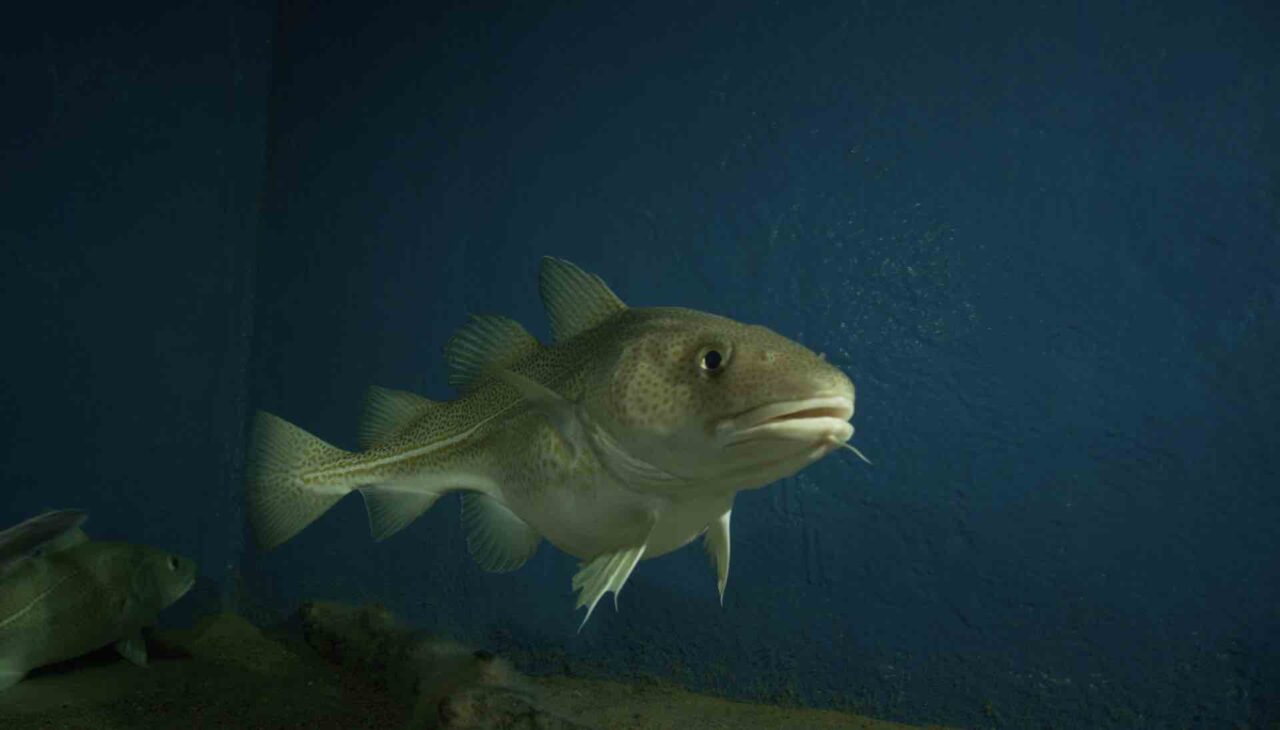
For an extended period, the cod population in the Baltic Sea has been facing severe challenges. Overfishing and environmental issues have taken a toll on their well-being, causing a decline in their health. Consequently, many of them have become thin, emaciated, and susceptible to diseases. However, a pertinent question arises: What happens when wild cod are given the opportunity to recuperate?
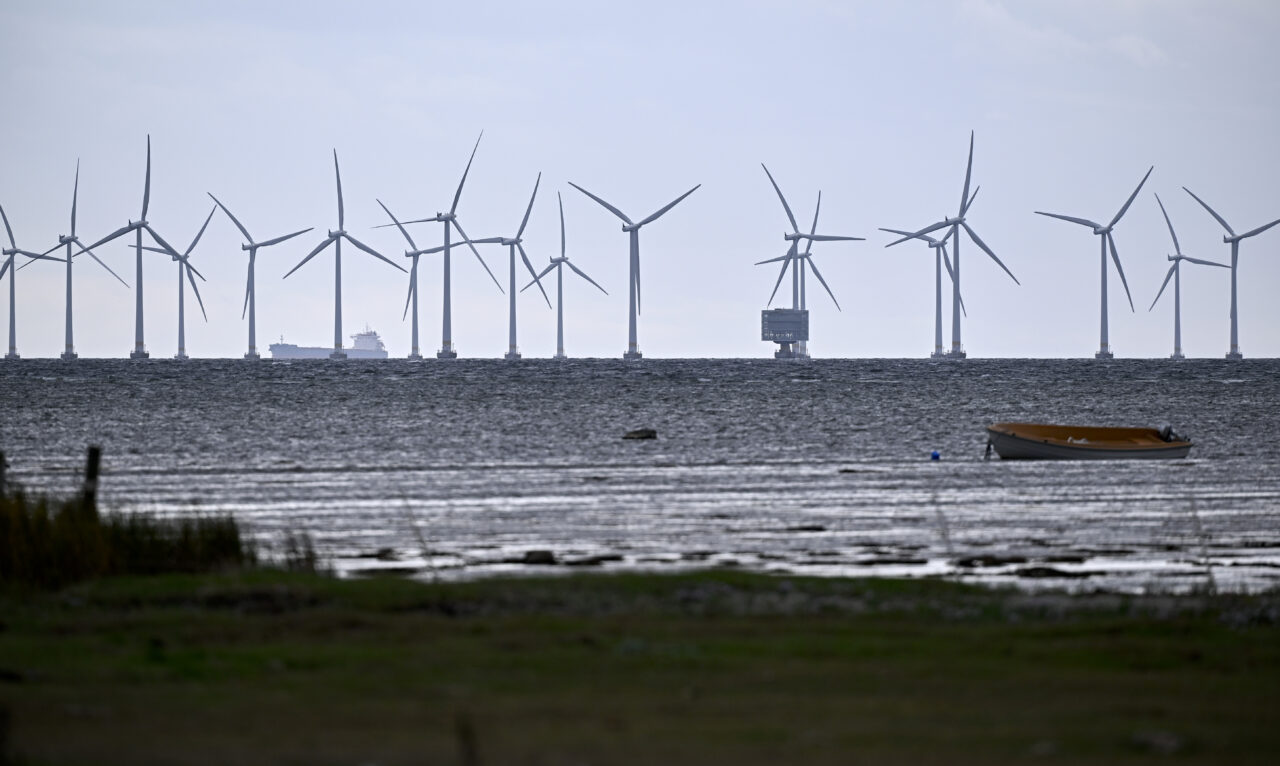
The North Sea, the Baltic Sea and the Gulf of Bothnia have been singled out for future offshore wind power. Several authorities have tried to find suitable areas - but different interests are fighting each other.
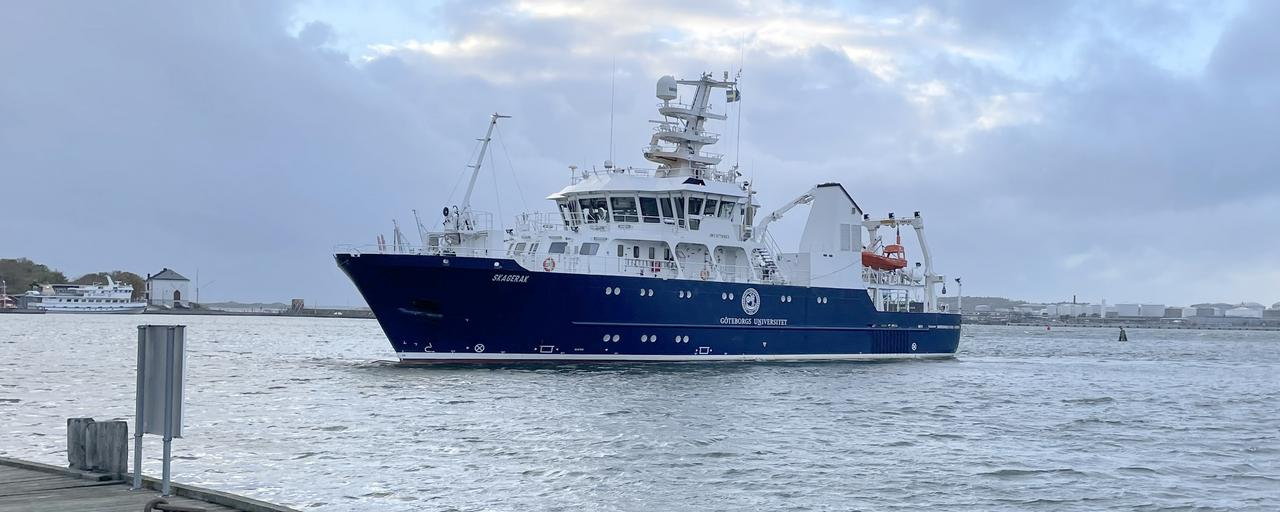
With a large number of sampling bottles and special equipment from Germany, researchers from the University of Gothenburg are now on the Baltic Sea. The aim is to investigate the levels of methane gas following the Nord Stream leak and to find out the consequences for marine life.
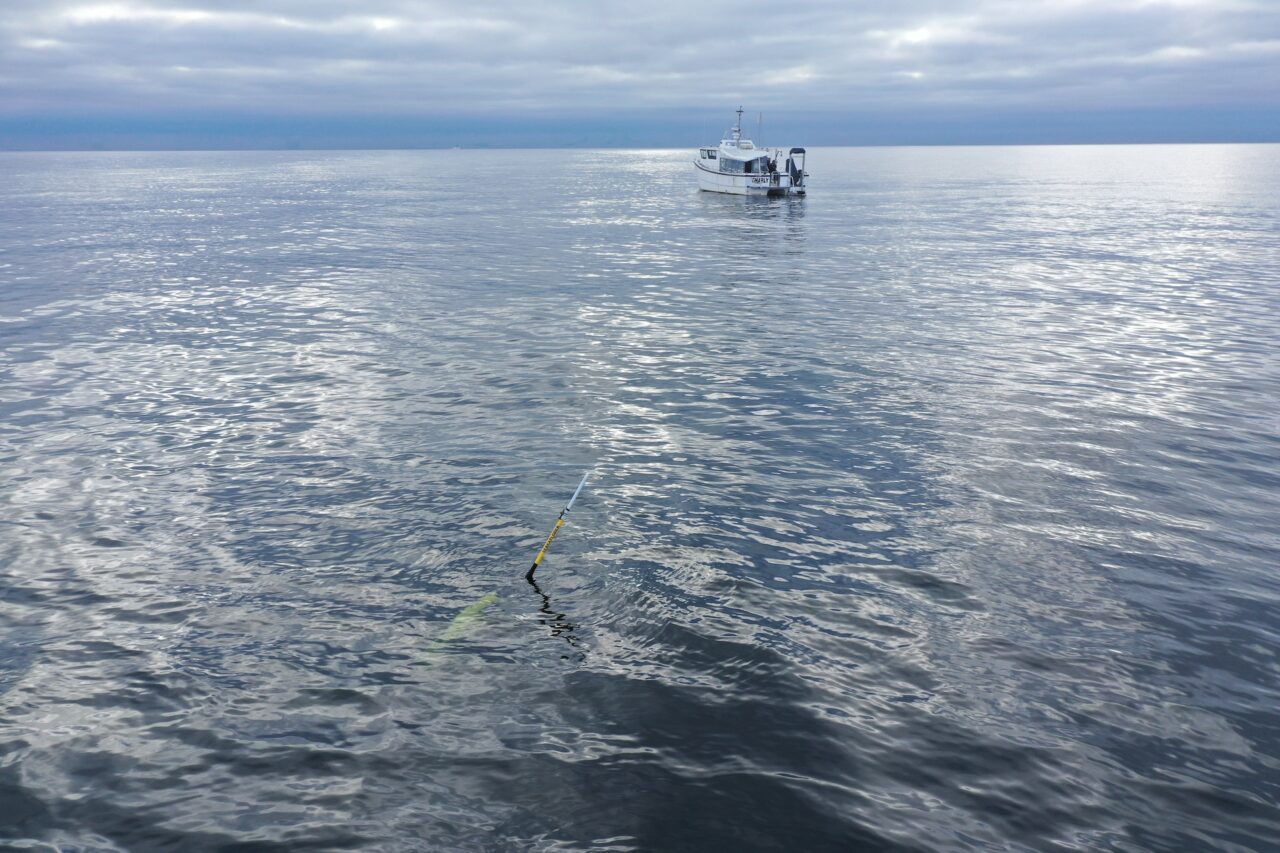
On September 26th, both Nord Stream gas pipes ruptured, leading to enormous gas leaks outside of Bornholm in the Baltic Sea. Voice of the Ocean Foundation and University of Gothenburg quickly set up operations to monitor both what was happening from an oceanographic point of view, and also the methane directly. To see how it spread and how it remained over time.
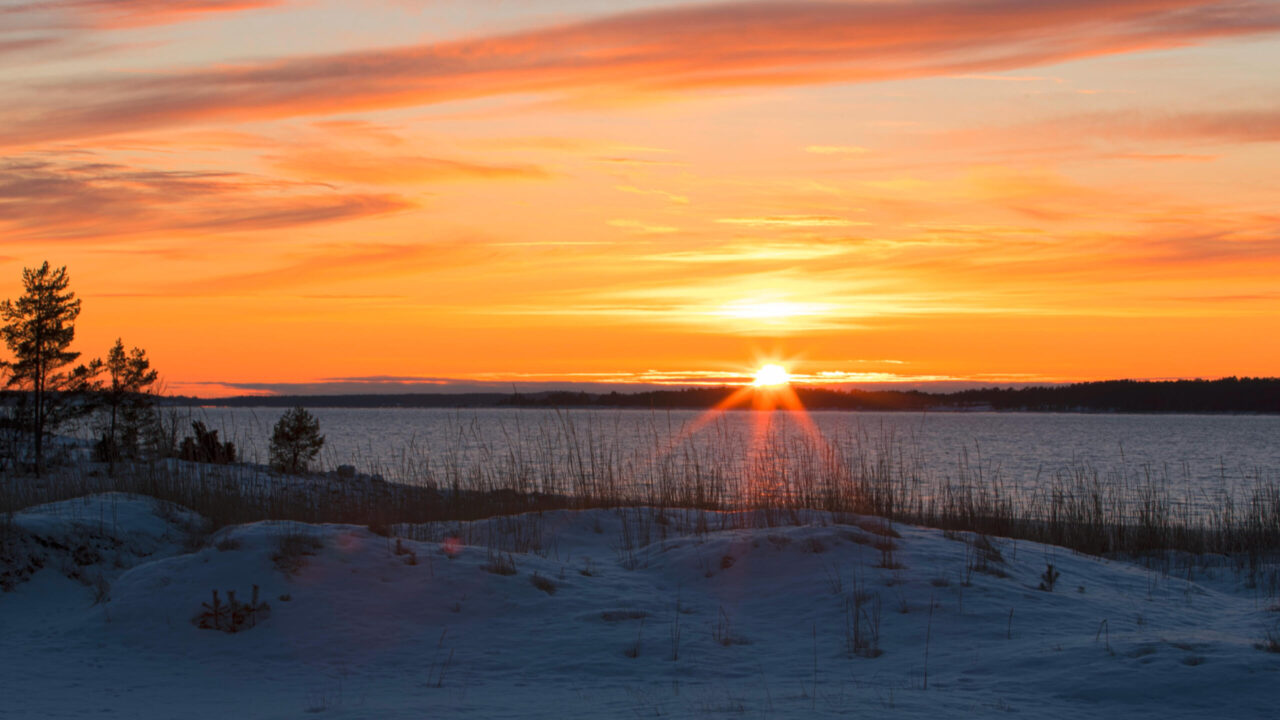
"I soon discover that there is magic not just in the light and the wild interplay between the elements but also in the structures and culture that rugged coastal communities have created."